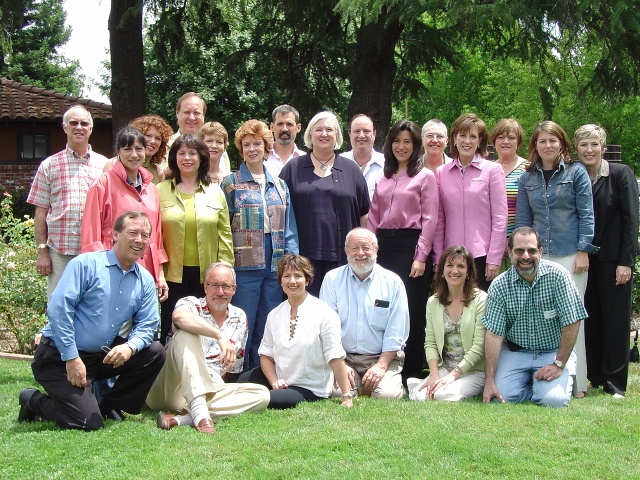
But what if professional coaching is not a fad? What if the foundation has been laid for the creation of a more permanent addition to the constellation of human service endeavors? The diffusion of innovation research (Rogers, 2003) suggests that professional coaching is no longer being used only by the innovators (who created the field) and early adopters (who will try anything at least once). It is now being engaged by the early majority. These are men and women who were initially skeptical about professional coaching. They want to see some evidence that it works and want to know where it works and what the expected outcomes might be. John is probably part of the early majority, at least with regards to professional coaching. He was not the first on his block to try out coaching, nor has he engaged Natalie’s services without some reservations. It might have been important for Natalie to enter into a dialogue with John near the start of their coaching engagement that focused on his expectations, as well as her experience and boundaries (“this is not therapy and I am not a consultant”). Perhaps John should have read several articles about professional coaching, including one or two that are critical of this endeavor. He might not only have been a more informed consumer of coaching services but might also have been better prepared to meet the newly emerging concerns of his HR Vice President.
John could benefit from a “consumer report” on organizational coaching and could benefit from distributing this report to his HR VP. Unfortunately, very few documents seem to exist at the present time. Fortunately, rather impressive research is being conducted about coaching outcomes. This research is admittedly rather primitive at the present time (as is always the case with a new human service endeavor). This research, however, is well intended, rather unbiased and conducted by credible sources (for example, Schlosser, Steinbrenner, Kumata & Hum, 2007′. witnessing the emergence of a discipline of coaching-or more accurately a multi-discipline or inter-discipline of coaching. These foundation-laying activities include the creation of organizations that focus on something more than just the marketing of coaching services, building of coaching practices, or determination of who is a “legitimate” coach. These organizations (for example, the International Consortium of Coaching in Organizations) are assisting in the construction of a knowledge base, are furthering dialogues between coaches, the users of coaching services, and the teachers, trainers and researchers of coaching services.
First Symposium held by the International Consortium of Coaching in Organizations: 2006, Sacramento, California
We are also seeing the creation and maturation of coach training programs that build on specific and well-established theoretical bases. We are witnessing the establishment of coach-certification programs and even coaching-focused degree programs in universities and independent graduate schools. We may soon find that professional coaches, like those in other human service fields (such as psychotherapists, social workers and physical therapists), will have to obtain an advanced degree in professional coaching prior to obtaining a professional license or certification. All of this speaks to the movement of coaching past fad and forward to foundation and profession. I recommend that Natalie stay in the field of professional coaching and perhaps even assist in its further maturation. She may want to get up to speed, however, on the research that does exist about coaching outcomes and learn a bit more about the ROI of coaching (for example, O’Neill, 2007). It seems that John made a smart decision and should trust in the coaching services to be offered by Natalie — provided that both he and Natalie are clear about expectations and boundaries and that both help to build the case for John’s use of coaching services.
Download Article














